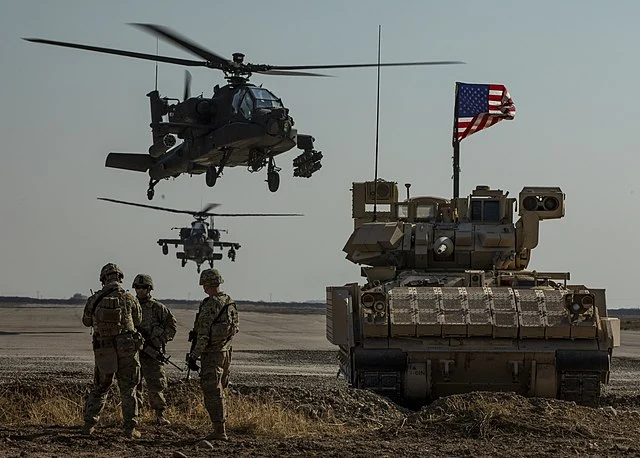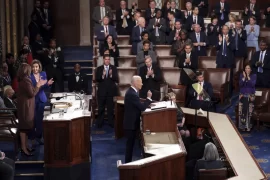The concept of the military-industrial complex (MIC) emerged during President Dwight D. Eisenhower’s farewell address in 1961, where he warned of the potential dangers associated with the alliance between the military establishment and the defense industry. Over the years, the US military-industrial complex has evolved and become a significant component of the nation’s defense and economic landscape. This article aims to delve into the intricate web of relationships, influences, and implications surrounding the US military-industrial complex.
Defining the Military-Industrial Complex
The military-industrial complex refers to the symbiotic relationship between the military establishment, defense contractors, and policymakers, where the interests of these entities become intertwined. It encompasses the defense industry, government agencies, military personnel, and the politicians who shape defense policy and oversee defense procurement.
Influence and Implications
Economic Influence
The US military-industrial complex wields significant economic influence. The defense industry is a major contributor to the national economy. It employs millions of people and generates substantial revenue. Defense contracts drive innovation, technological advancements, and research and development, leading to spin-off benefits in various sectors. However, critics argue that this heavy reliance on defense spending may divert resources from other critical sectors, such as healthcare.
Political Influence
The military-industrial complex has a substantial impact on politics and policymaking. Defense contractors employ lobbyists to influence legislation, secure contracts, and advocate for increased defense spending. The revolving door phenomenon, where government officials transition to positions within defense companies or vice versa, further blurs the line between public service and private interests. This revolving door can create potential conflicts of interest and raise questions about accountability and transparency in defense procurement.
National Security Implications
While the military-industrial complex plays a vital role in maintaining national security, concerns arise regarding potential conflicts of interest and the influence of defense contractors on defense policy. Critics argue that the profit motive may drive unnecessary defense spending or the continuation of costly and ineffective programs. The close relationship between defense contractors and policymakers can lead to an overemphasis on military solutions and a reluctance to explore alternative approaches to national security challenges.
Global Influence of the US Military-Industrial Complex
The US military-industrial complex has global ramifications. The defense industry relies on international arms sales, contributing to geopolitical dynamics and potential conflicts. Arms exports can shape alliances, impact regional stability, and even prolong conflicts. The influence of the military-industrial complex extends beyond US borders. It raises questions about ethical considerations in the arms trade and the potential for exacerbating global tensions.
Technological Advancements and Innovation
One positive aspect of the military-industrial complex is its role in driving technological advancements. Defense spending often leads to breakthroughs in areas such as aerospace, communications, and advanced manufacturing. Technologies developed for defense purposes can find civilian applications. Those can contribute to economic growth and national competitiveness. However, critics argue that the focus on military technology may divert resources from addressing pressing issues.
Summary
In conclusion, The US military-industrial complex is a complex and multifaceted entity with significant influence on the economy, politics, national security, and global affairs. While it contributes to technological advancements and job creation, the close ties between defense contractors and policymakers raise concerns about undue influence, potential conflicts of interest, and the allocation of resources. A critical examination of the military-industrial complex is necessary to strike a balance between maintaining national security, promoting innovation, and ensuring transparency and accountability in defense policy and procurement.








